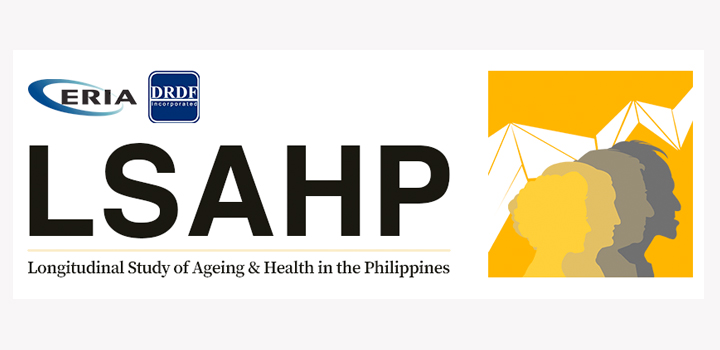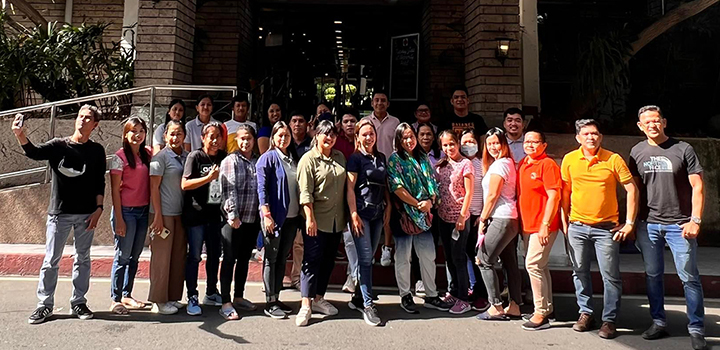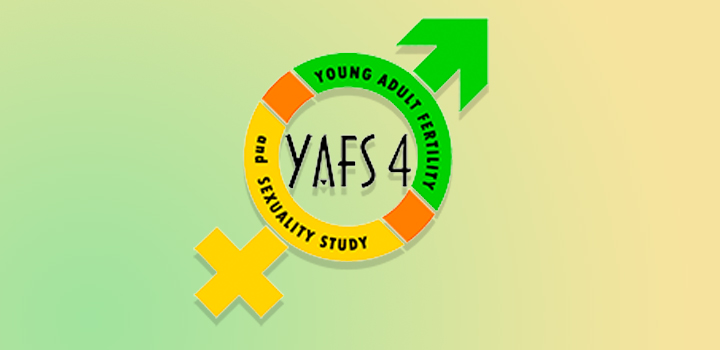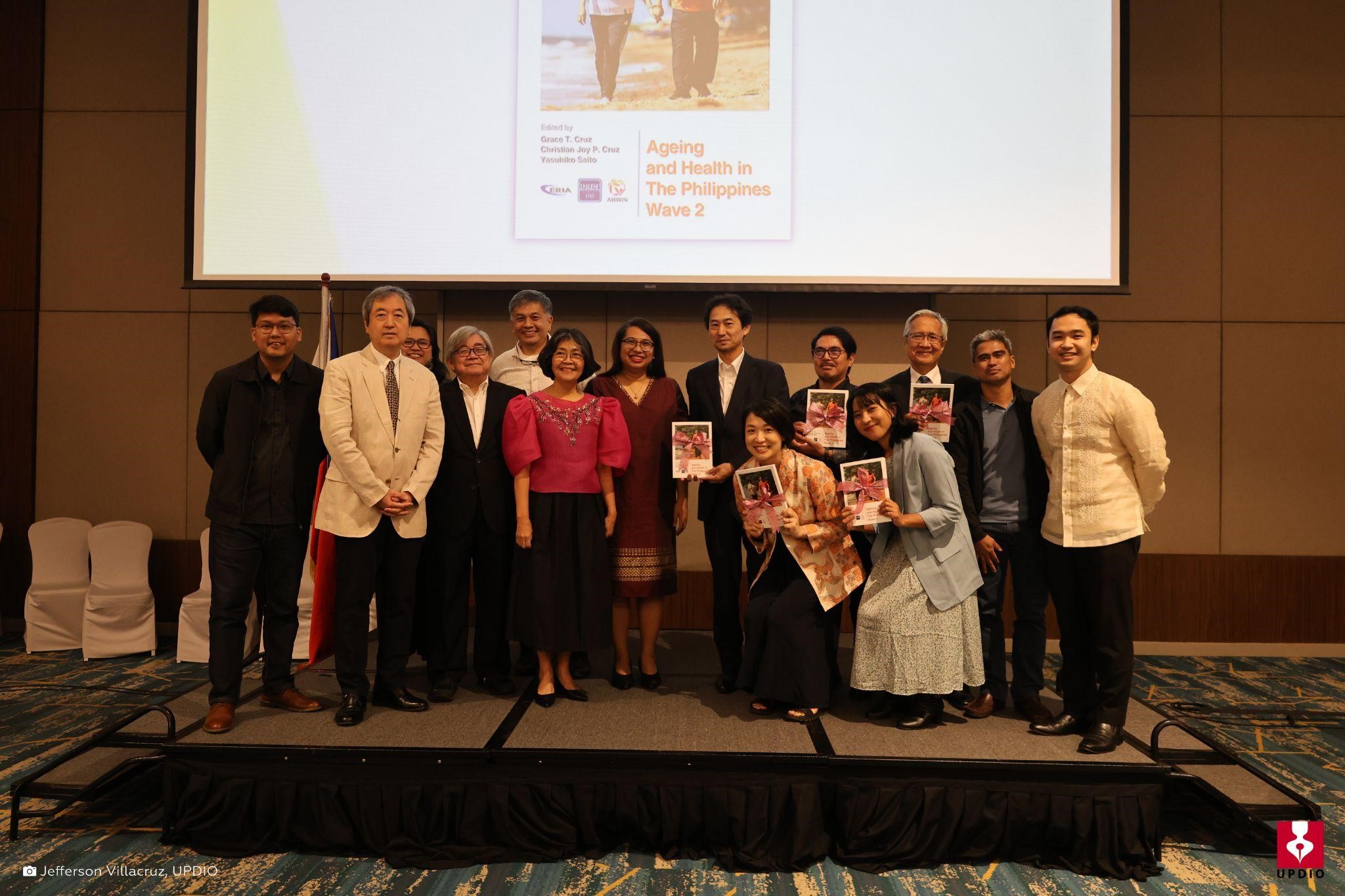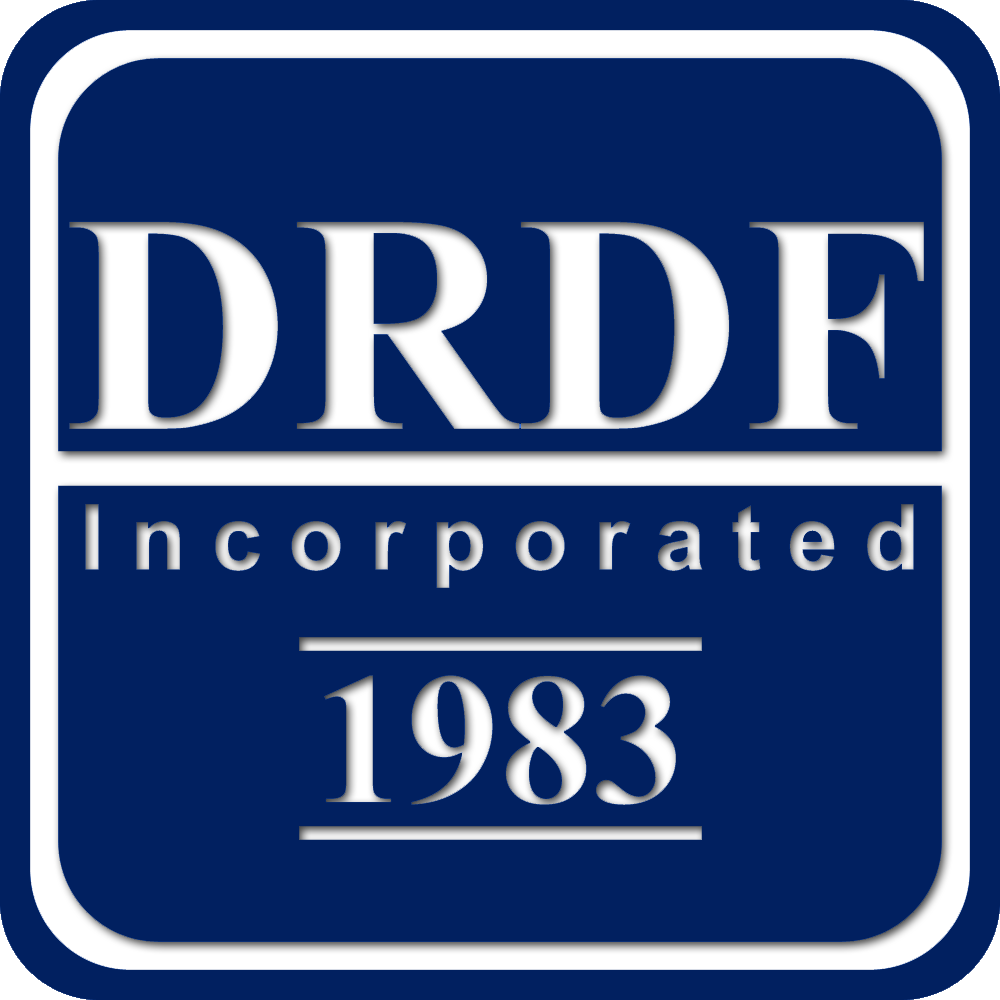
This survey is part of the project being implemented by the United Nations Economic and Social Commission for Asia and the Pacific (UNESCAP) which focuses on developing community-based life-skills training networks to reach disadvantaged youth and foster their positive health behavior.
The survey aims to assess the effectiveness of a series of one-day participatory-approach life-skills trainings or Peer Educator Trainings (PET) conducted by trained leaders from faith-based organizations and youth organizations in Pasay City. The training lessons teach the OSYs how to make positive decisions and strengthen them to say “No” to drugs, smoking, alcoholism, as well as early and unprotected sex by educating and providing factual information on their causes and consequences. During the life-skills trainings, the OSYs are also assessed of their livelihood skills and educational capabilities and referred to institutions that can provide the youth with jobs or livelihood training, non-formal education, or sports, music, culture and arts development activities.
The study undertook a comparative analysis of OSYs across three intervention groups: (1) No intervention group which includes OSYs who have not participated in either the trainings or in the follow-up program; (2) Low intervention group which consists of OSYs who have participated in the trainings but not in the follow-up activities; and (3) High intervention group which refers to OSYs who have participated in both the trainings and any follow-up activity. This data was supplemented by in-depth interviews with a subset of 20 youth and four focus group discussions with youth and other stakeholders.
Partner/s
UNESCAP

